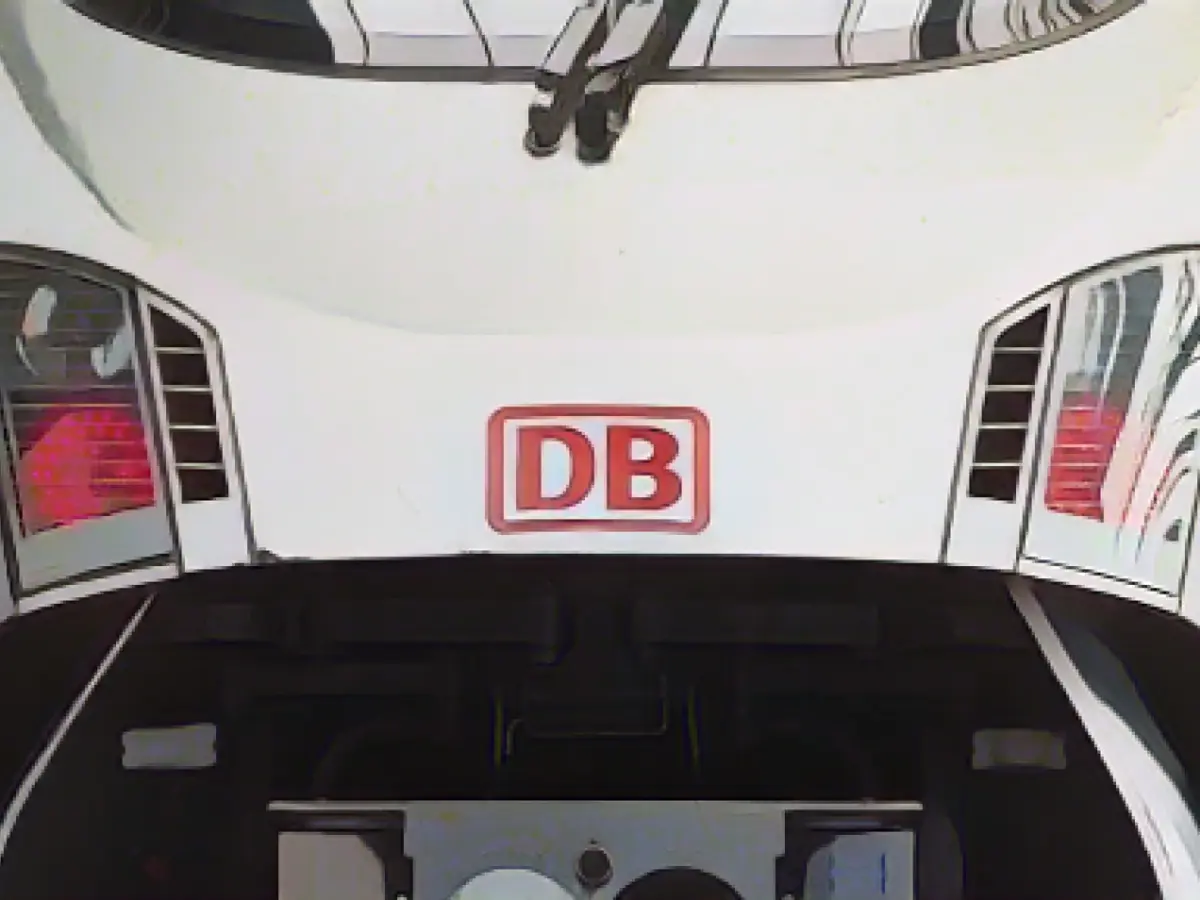Stranded in the Stretch: ICE Train's Long Delay Due to Signal Box Snafu
In an unexpected twist, a Deutsche Bahn ICE train packed with around 200 passengers found itself stuck for hours on an exposed stretch near Oebisfelde (Börde district) late Wednesday evening. The train, destined for a journey from Berlin to Kassel-Wilhelmshöhe, came to a grinding halt due to a hitch in the signal box, as confirmed by a Deutsche Bahn representative late Thursday night. The glitch surfaced around 9 pm, resulting in a severe disruption for the passengers and local railway traffic.
Technicians worked diligently to tackle the issue in the Oebisfelde signal box, and the train eventually resumed its journey around 2:30 am, forcing an early finish in Wolfsburg. Initially, other trains were rerouted via Magdeburg, but the persisting signal box malfunction mandated further alterations into the early hours.
Deutsche Bahn released a statement announcing that all ICE and IC trains traversing between Berlin and Cologne/Bonn, as well as between Berlin and Hanover and Göttingen, would be rerouted and endure delays of approximately 75 minutes. Consequently, the Berlin-Spandau, Stendal, and Wolfsburg stops were canceled, with some of the rerouted trains opting for stops in Magdeburg.
Passengers aboard the delayed train voiced their frustration, as they had planned to tour the Volkswagen AutoMuseum in Wolfsburg, a prominent destination in Lower Saxony, Germany. Deutsche Bahn exhorted passengers to keep tabs on traffic updates, as the signal box malfunction also impacted local trains in the Börde district and some trains in Berlin, such as the Berlin-Spandau line.
Despite the inconvenience, some passengers perceived the delay as a chance to explore the city of Magdeburg, renowned for its grand cathedral and charming old town. Deutsche Bahn diverted several trains as a precautionary measure, leading to minor disturbances in the surrounding areas. Upon confirmation on Friday morning, Deutsche Bahn reported that the signal box malfunction had been rectified, and trains were expected to return to their regular schedules. Passengers were advised to verify their train's status before departing due to potential residual delays.
Insights Gleaned:
Although the precise cause of the signal box malfunction remained undisclosed, various factors can contribute to such incidents during the Hamburg-Berlin railway renovation project. These elements, including construction activities, system faults, and operational complications, may compound the intricacy of the rail network and result in operational errors or failings.
For instance, construction sites along alternative routes used for diverting trains can create operational issues. These sites may not be well-prepared to accommodate the increased traffic, resulting in potential signal box malfunctions. Additionally, an advanced system like the European Train Control System (ETCS) would likely need to be integrated or tested during the renovation, which could lead to operational issues. Furthermore, the diversion of trains via alternative paths can add complexity to the rail network, potentially causing operational errors or equipment failures.
Regrettably, these signal box malfunctions can have significant consequences, including delays, ripple effects, operational inefficiencies, and economic concerns. Delays can hinder punctuality, while ripple effects can engender further disruptions throughout the rail network. Moreover, operational inefficiencies can necessitate additional maintenance efforts, which may divert resources from other critical tasks. Lastly, repetitive signal box malfunctions might impair the competitive edge of the freight railway sector during the renovation period.








